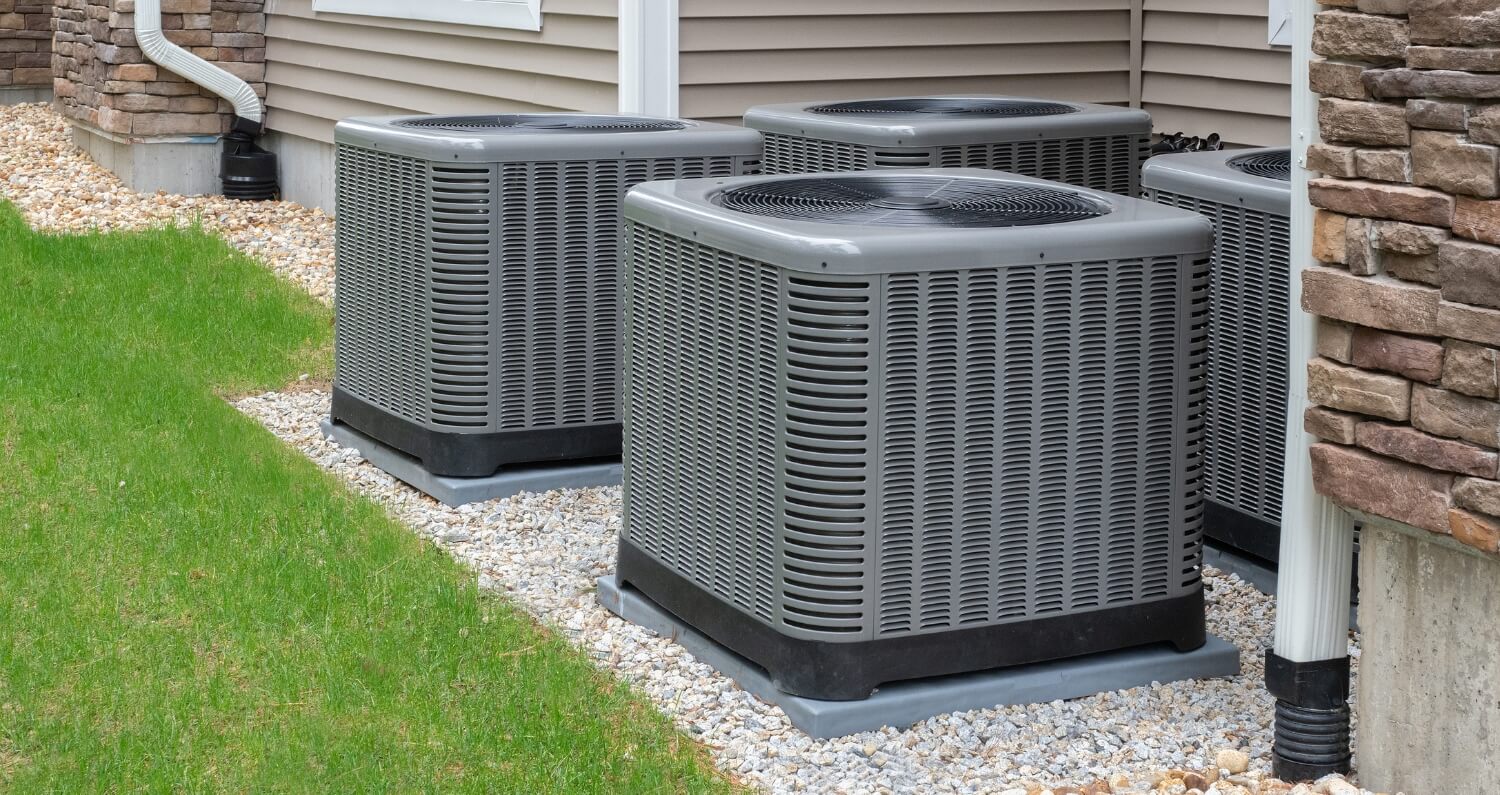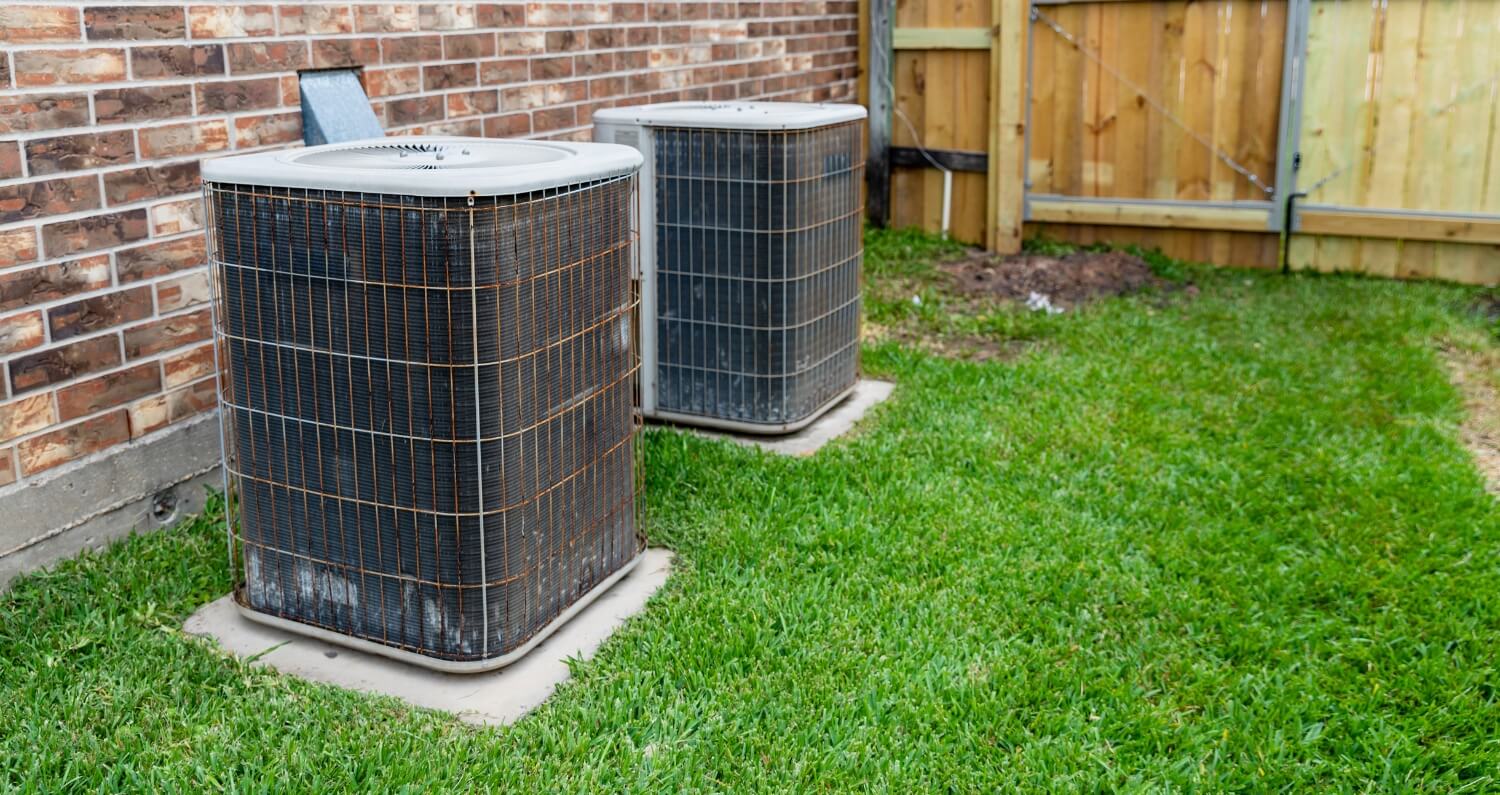Everything comes with a service contract these days. While many smaller contracts aren’t worth the money, larger purchases always deserve a closer look to protect your investment. Heating and cooling units are amongst those high-profile home items that come with a service contract option. The question is, are they worth the cost?
The short answer is yes! It’s not a scam, and no one is hassling you into spending extra money. HVAC unit service contracts can be worth their metaphorical weight in gold, especially in a heat wave when you’re sweating bullets and downing electrolytes, or you’re shivering with frozen limbs in your own home.
What Is an HVAC Service Contract?
You may overlook the importance of a cooling or heating unit service contract when you’re frolicking through the fields in 70-degree weather in the spring season. However, you’ll quickly appreciate a service contract when your HVAC system breaks down in the middle of a heatwave, and you’re swimming in your own sweat. You’ll ask yourself why you were being cheap and are now melting like the Wicked Witch of the West or freezing like frosty the snowman.
According to the CDC, an HVAC system “produces heat, cool air, and ventilation, and helps control dust and moisture, which can lead to adverse health effects.” In other words, this unit isn’t just to make life in your home more comfortable. It doesn’t matter if you’re talking about cold-weather heating units like a furnace or air conditioners to keep things cool in a blistering summer heat wave. When functioning properly, your HVAC system should also improve basic environmental and health factors like air quality and humidity levels.
Getting a new HVAC or heating unit is expensive. Installing or replacing an HVAC system costs between $5,000 and $11,000 (or up to $16,000 with new system ductwork).
After spending that much money, the last thing many people want to do is drop even more cash on a service contract. In this case, it can be well worth the trouble and can prevent you from draining your savings account. HVAC and heating unit service contracts include elements like:
● Scheduled tune-ups
● Seasonal maintenance for both summer and winter
● Coverage for basic parts
● Emergency services
What Are the Benefits of a Cooling or Heating Unit Service Contract?
Many benefits come from maintaining a service contract for your HVAC units.
For instance, it can help prevent issues and head off costly repairs, which can extend the life of your unit. It can also help your home operate more efficiently, reducing your energy bill. Air quality also improves when you replace dirty filters on time.
In addition, many homeowners don’t use their heating units all summer or their AC units all winter. When that happens, and you have a service contract in place, you don’t have to remember to service your appliances when the seasons change.
Your service provider will also view you as a retained customer, giving you priority attention in many cases. This can be a lifesaver when you’re already drowning in house chores and maintenance tasks as a homeowner.
A few days without heat in the dead of winter and even hours without air conditioning in some climates can be dangerous, especially for young families and pets. Knowing that you have priority regarding emergency repairs can bring peace of mind every time you hear your HVAC unit click on.
Keeping Up on Your HVAC Unit
Remember, there will always be some repairs with any cooling or heating unit, even when you have a service contract. The goal is to avoid unnecessary or unexpected issues, especially those that can worsen matters if left unchecked.
It’s also worth pointing out that, despite their value, there are some cases in which a service contract isn’t worth it. A good example is when a unit is brand new and still under warranty, and you don’t plan on using it heavily.
If you’re sold on the benefits of signing up for an HVAC service contract, don’t just find the nearest provider. Instead, vet each company and ensure they have a solid reputation for honoring their service contracts before you sign on the dotted line.
continue reading
Related Posts
In the realm of home comfort, having a reliable HVAC […]
It’s never fun when your HVAC appliance fails. A broken […]





